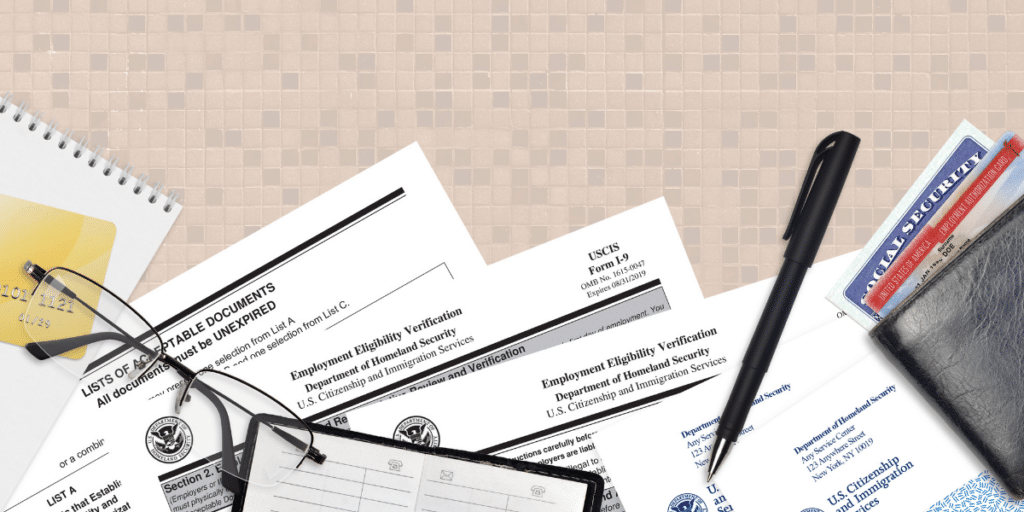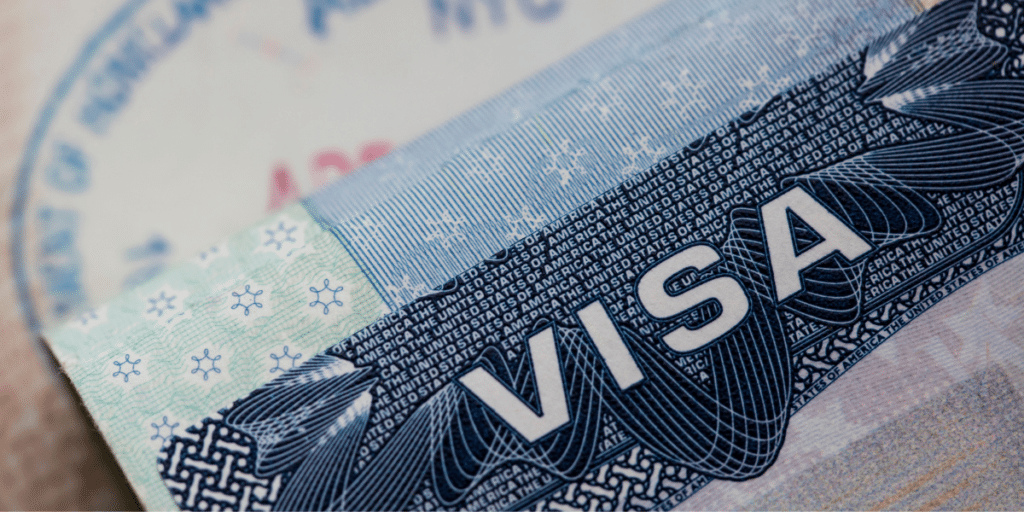At one time or another, every golfer has seen his or her ball take off in the wrong direction. Depending on the course layout, a bad swing can potentially put other golfers at risk of injury. So what happens if your golf ball hits someone? Can you be held responsible for any harm caused?
The North Carolina Supreme Court considered this issue in the case of McWilliams v. Parham. 273 N.C. 592. In this 1968 case, the Court ruled that “it is the duty of a person hitting a golf ball to exercise ordinary care under existing circumstances for the safety of others.” The Court went on to state that this duty requires a golfer to provide “adequate and timely notice to persons who appear to be unaware of his intention to hit the ball when he knows, or by the exercise of ordinary care should know, that such persons are so close to the intended flight of the ball that danger to them might be reasonably anticipated.”
In the McWilliams v. Parham opinion, the Court made several references to the rules and customs of golf and found that there was a question as to whether the defendant in that case had followed these standard practices. Thus, it would appear that neglecting the common courtesies of golf is not only bad manners, but may also get you sued if someone is injured!
While no additional cases have fully fleshed out the circumstances that can lead to a golf-related personal injury claim, it is best to use every precaution before taking a swing. Follow the rules of golf and respect your fellow golfers. As in all circumstances, you should avoid unreasonable actions that could put another person in harm’s way. A healthy dose of common sense and good judgment can go a long way in protecting you from liability.
If you have questions about personal injury matters, contact Dozier Miller’s personal injury counsel:

CATEGORIES
Contact an Attorney
Our attorney offer specialized guidance and representation in a variety of practice areas.

REMEMBER: Always speak with your own attorney
This information is provided for informational purposes only; it is not offered as and does not constitute legal advice.
More Insights and Resources
Learn more about what to expect when facing a family law dispute in Charlotte, North Carolina from Family Law attorneys at Dozier Miller Law Group
What NC House Bill 269 Could Mean for Non-Compete Agreements in North Carolina
Non-compete agreements have long been a controversial tool in the corporate world—sometimes protecting legitimate business interests, and…
Protect What Matters Most: Estate Planning for Every Stage of Life
Thinking about the future doesn’t always come naturally. Many of us get caught up in the day-to-day,…
Will a Separation Protect Me Financially?
Separation is never easy, especially when financial questions start piling up. Can you protect your savings? Will…
Practical Custody Arrangements for Families
Trying to figure out custody arrangements? You’ve probably come across terms like joint custody, primary custody, and…
Future-Proof Your Business Against Form I-9 Changes
Running a business is no small feat. Between managing your team, keeping customers happy, and planning for…
When Do You Need an Attorney for a Breach of Contract Case?
Contracts are the backbone of any good business relationship. They bring clarity, set expectations, and hold everyone…
Navigating Immigration Changes and Their Impact on Employment Law
No matter the size of your business, immigration law affects your ability to hire and retain the…
LGBTQ Families and Stepparent Adoption: What You Need to Know in North Carolina
As a family law attorney in North Carolina, I’ve seen many parents assume that their legal status…
What to Do When You Get a Bad Google Review
If you’re a Charlotte business owner, you know just how important your online reputation is. Around 98%…
Managing Your Immigration Status in 2025
The 2024 election brought significant shifts to U.S. immigration policy, many of which have already begun reshaping…










